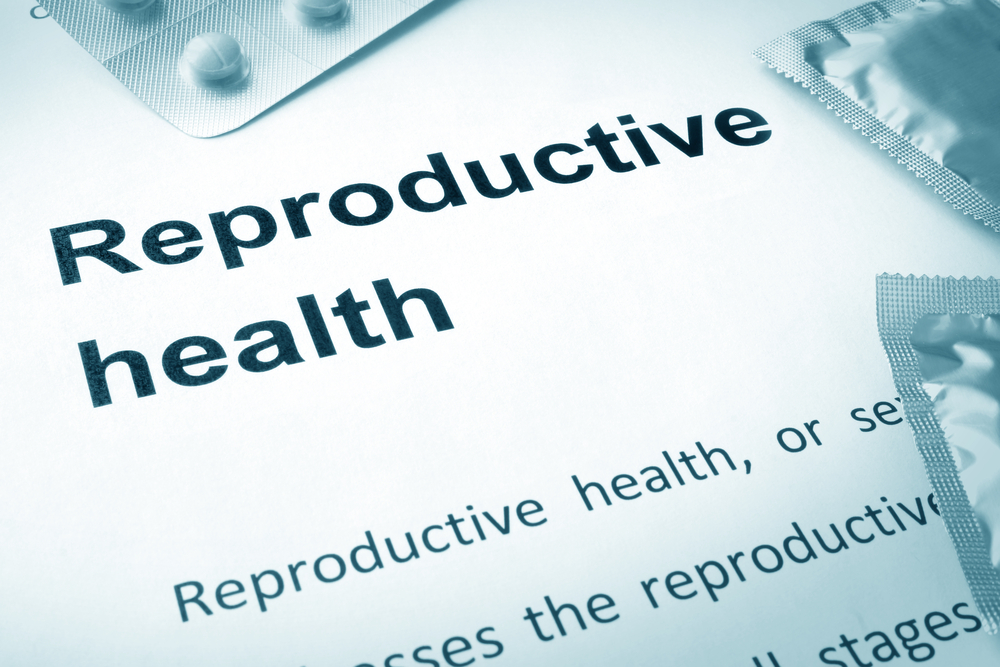A woman’s reproductive system is delicate, and it is important to protect it from infections and injury where possible. Maintaining a healthy lifestyle, booking in your cervical screening appointments, and limiting your number of sexual partners and always practising safe sex may help prevent any serious reproductive health issues, which can in turn protect your reproductive system and ensure you are able to conceive a baby. But what are these reproductive health issues and what symptoms should you look out for?
Endometriosis
This is a condition in which tissue resembling the lining of the womb starts to grow elsewhere, such as in the fallopian tubes or ovaries. It is a long-term condition that can affect women of any age, but fortunately there are various treatments that can help. It affects around 10% of women worldwide. The main symptoms of endometriosis are:
- Severe period pains
- Pain during or after sex
- Nausea, constipation, diarrhoea, or blood in your urine during your period
- Difficulty getting pregnant
Uterine Fibroids
These are noncancerous growths that appear in the uterus, usually during childbearing years. They are very common but are almost always harmless. Oftentimes, women don’t even realise they have them because no symptoms appear. Rarely, fibroids can prevent sperm from reaching an egg, or fertilised eggs from attaching to the womb. Women who do have symptoms might experience:
- Heavy or painful periods
- Pain/discomfort during sex
- Constipation
- Tummy and/or lower back pain
Polycystic Ovary Syndrome (PCOS)
PCOS affects roughly 1 in 10 women and can prevent a mature egg from being released. As a result, pregnancy can be difficult to achieve. Here are some of the symptoms of PCOS:
- Irregular/no periods
- Inability to conceive naturally
- Weight gain
- High levels of male hormones, leading to facial or body hair
- Thinning hair on the head
If you are worried about your fertility or would like some advice, please don’t hesitate to contact us for some support.

